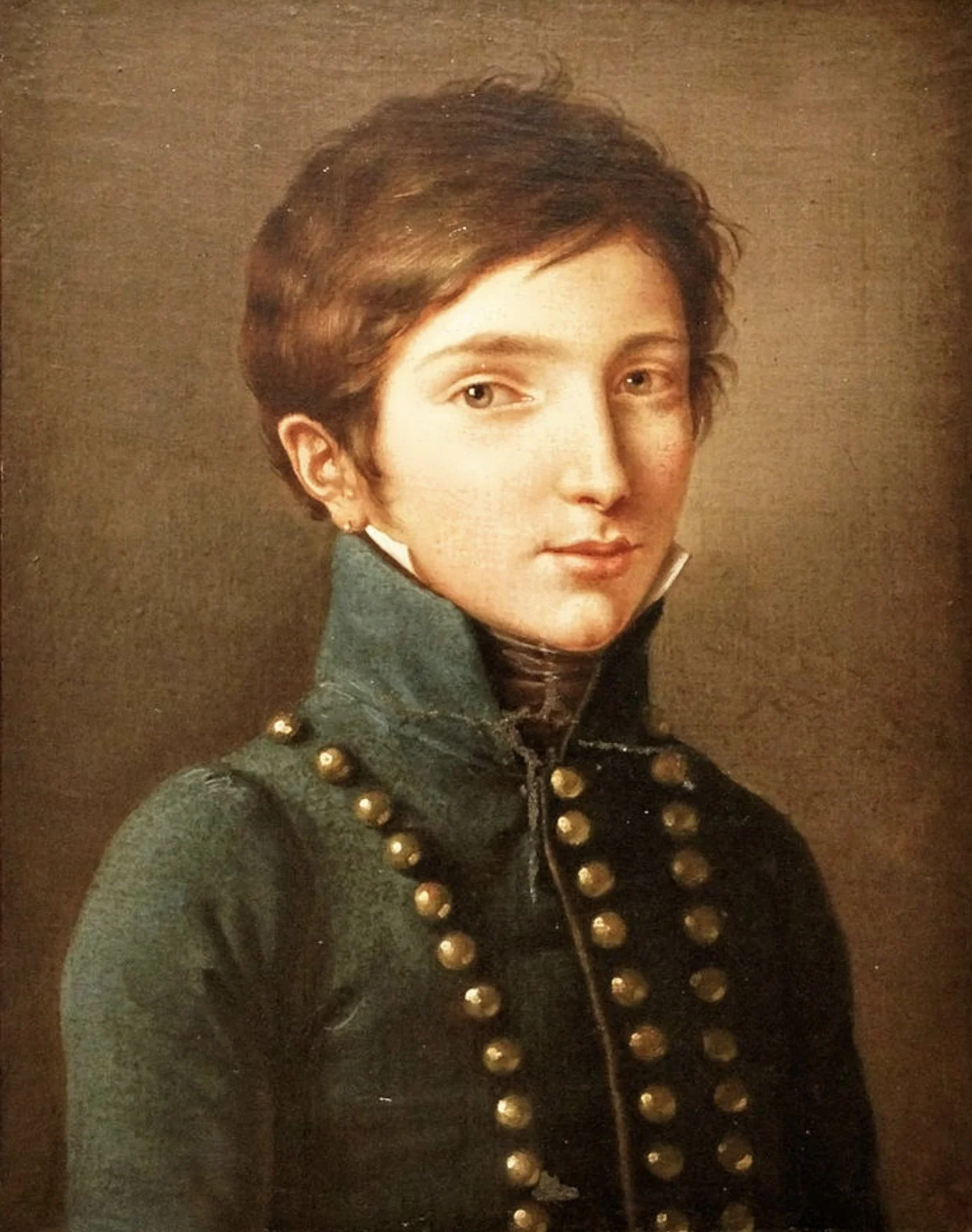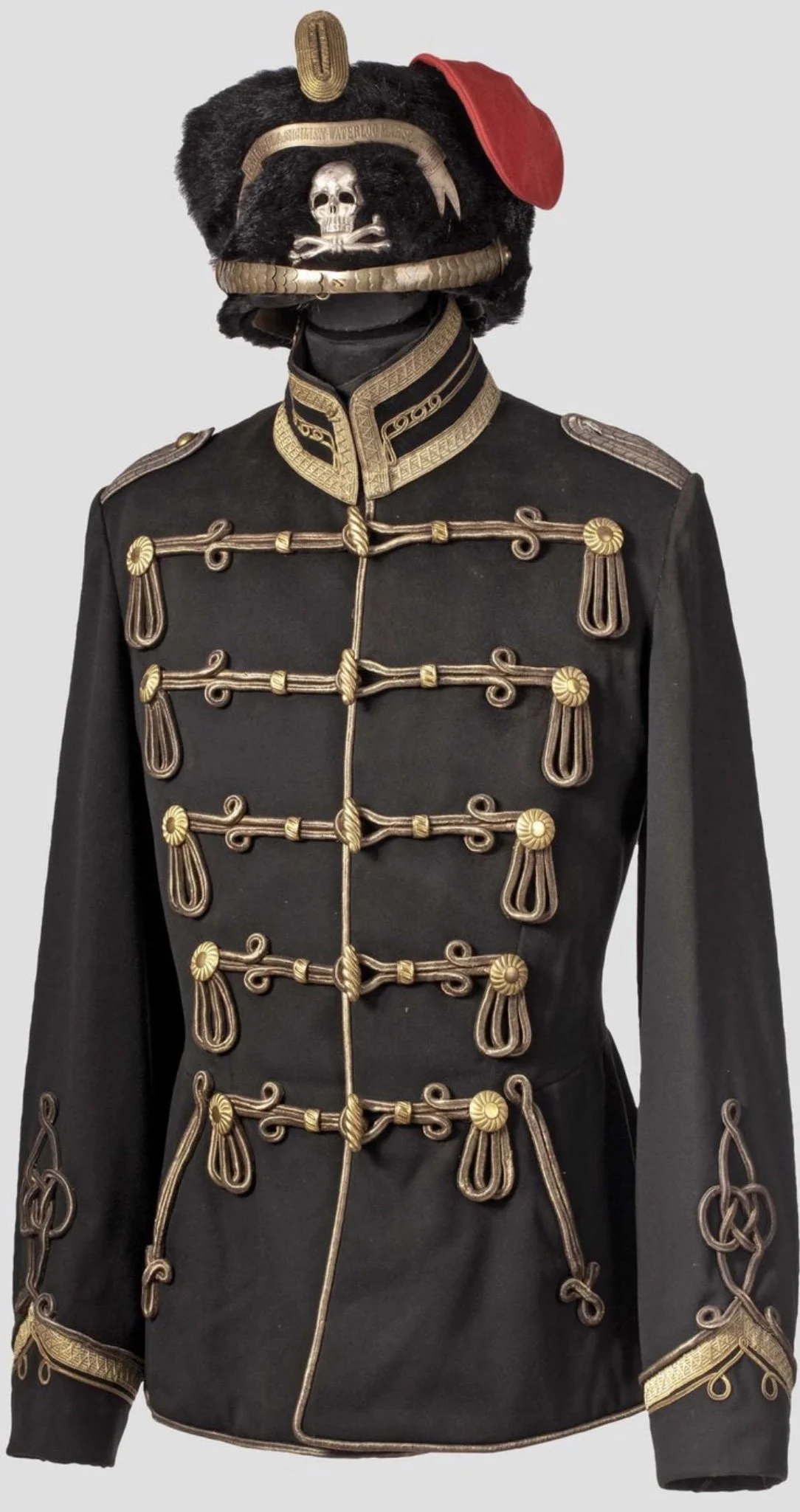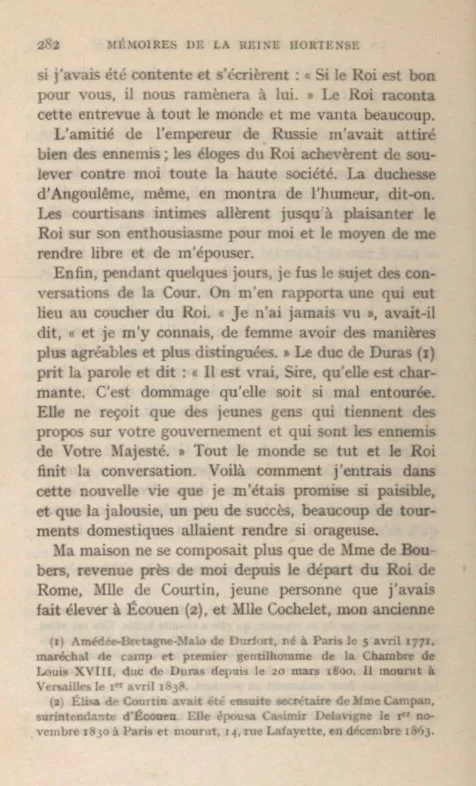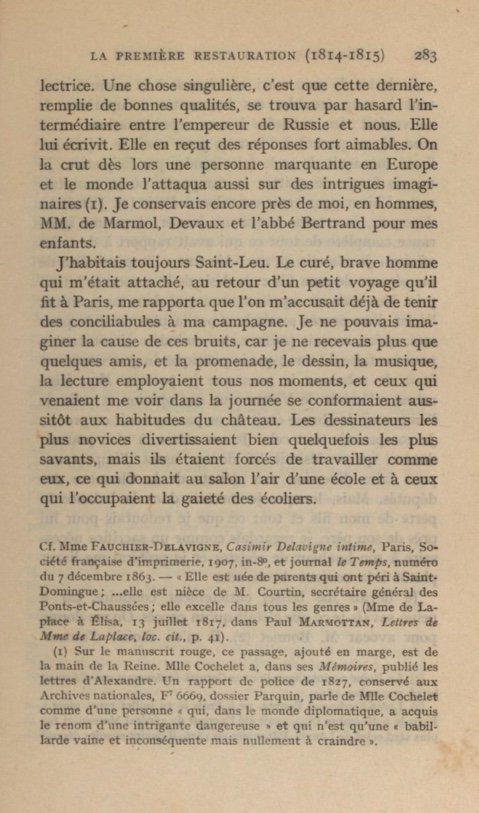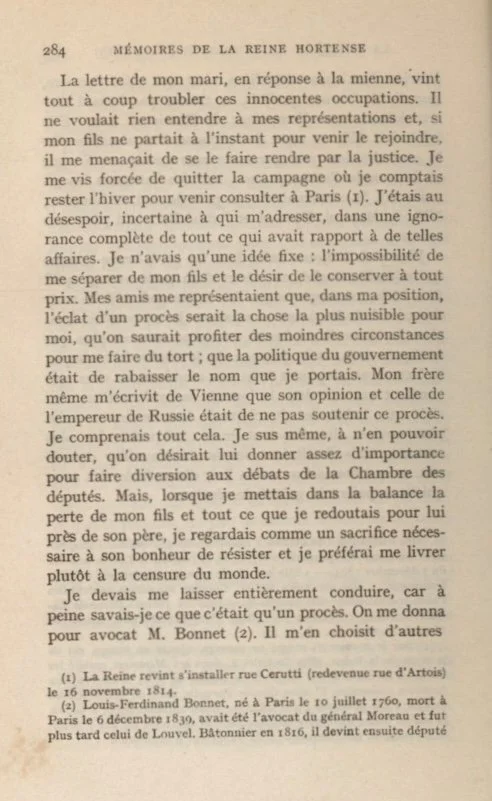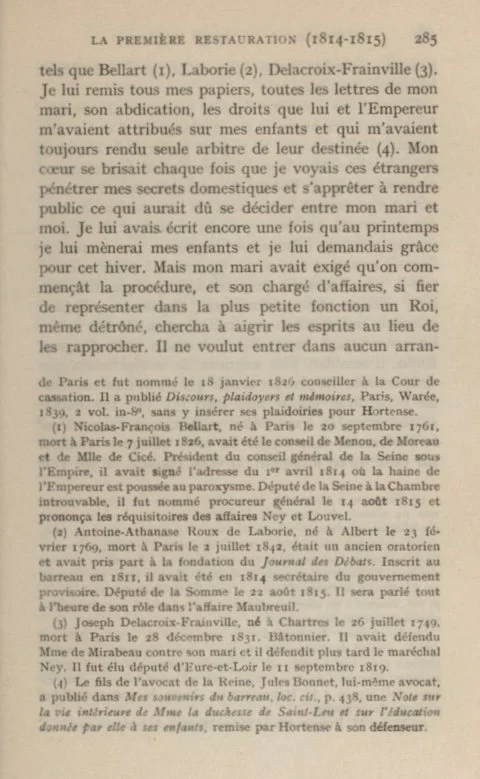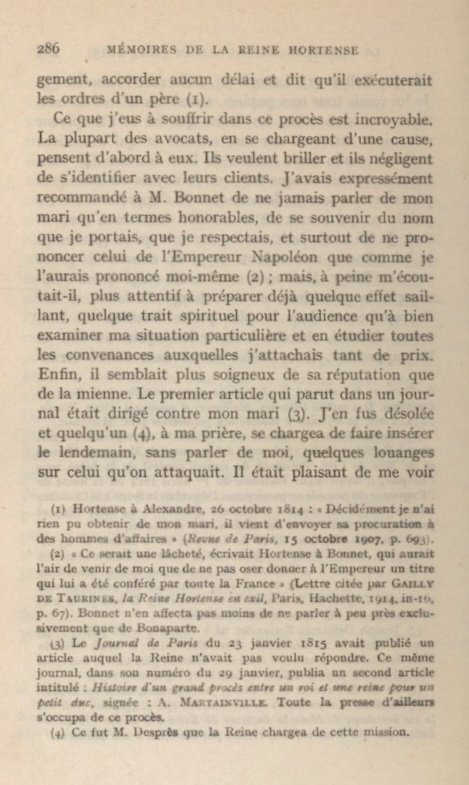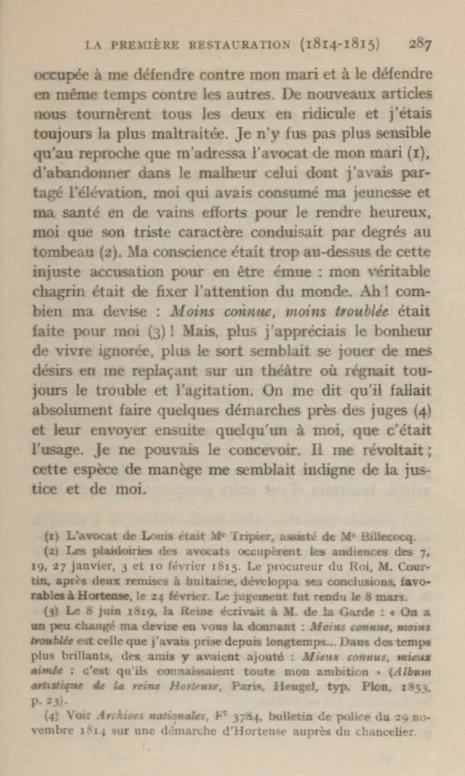Let’s have another look at Hortense’s Memoirs. If you want to read the book it is available for free at the side bar in English and French. Use the widget on the sidebar to translate the text below into pretty much any language.
This part of the book shows what we all have to endure when the secret society string pullers not so secretly hijack a country - via fear and deception. Getting very assiduous about REALLY helping each other is a great way to turn this around. We need to get to a higher level where that low vibration can’t reach us anymore. Helping every - chance - we - get really feels good.
Hortense’s memoirs continues:
My household consisted only of Madame de Boubers, who had returned to me after the departure of the King of Rome; Mademoiselle Courtin, a young woman I had had educated at Ecouen, and Mademoiselle Cochelet, my former reader. A curious chain of circumstances had caused the latter to become the intermediary between our household and the Emperor of Russia.
She wrote him and received very cordial replies. That was enough to make people think she was an important character in European diplomatic circles, and there was gossip about her and her imaginary intrigues. I had also kept with me as gentlemen in waiting Monsieur de Marmol and Monsieur Devaux, and Abbé Bertrand for my children.
I still lived at Saint-Leu. The village priest, a kindly soul who was fond of me, informed me, when he came back from a short trip to Paris, that already I was being accused of holding secret meetings out there in the country.
I could not imagine the basis for such rumors as I received only a few friends. We spent our days taking walks, drawing, playing, singing or reading, and those who came to see me immediately adopted our habits.
The visitors who had never attempted to sketch before frequently furnished amusement for those who were more advanced in this art, but, one and all, they were obliged to work, and the drawing-room at times looked like a classroom, while its occupants enjoyed the simple gaiety of school children.
My husband's letter replying to the one I had written him suddenly arrived to disturb these innocent pastimes. He refused to listen to my arguments and theatened that unless my son joined him immediately, he would take legal action.
I found myself therefore obliged to leave the country where I had expected to stay all winter and establish myself in Paris in order to secure proper legal advice. I was in despair, the more so as I was utterly ignorant about matters of this sort and did not know whom to ask about them. I was immovable only on one point, the impossibility of letting my son leave me, the wish to keep him with me at any cost.
My friends pointed out to me that in my position the scandal of a lawsuit would do me a great deal of harm, for people would exploit the slightest accusation brought against me. Then, too, it was the policy of the government to do everything it could to discredit the name I bore.
Even my brother wrote me from Vienna that he and the Emperor of Russia both considered that I ought not to involve myself in such a lawsuit. I understood all their arguments. I even knew, beyond a doubt, that the government desired to make the case sufficiently sensational to distract the public's attention from the debates in the Chamber of Deputies. But when I weighed all this against the loss of my son, and what I feared the departure would mean to him, I considered that by going into court I was making a necessary sacrifice to insure his happiness.
I preferred to risk exposing myself to public censure rather than to lose my child. I was obliged to follow blindly the advice of my lawyers, for I scarcely knew what a lawsuit was. My chief advisor was Monsieur Bonnet, and he chose as advisors Bellart, Laborie and Delacroix-Frainville. I turned over to them all my papers, all my husband's letters to me, his act of abdication, the papers which he and the Emperor had given me regarding my children, and which until then had made me their sole guardian.
My heart broke every time I saw these strangers rummaging about my domestic secrets and preparing to inform the public about all those matters which my husband and I should have kept to ourselves. I wrote him again saying that in the spring I would bring my children to see him, but asking him to spare them to me for at least this winter.
My husband, however, insisted that the case should come up immediately and his agent, so proud of representing even in a minor capacity a King, although one who had been dethroned, did everything he could to embitter matters instead of trying to conciliate them. He would consent to no delay, no mutual agreement of any kind and declared that he was acting in behalf of a father.
The sufferings this trial caused me are something unimaginable. The majority of lawyers when they handle a case think primarily of themselves. They wish to attract attention and they do not sufficiently adopt their client's point of view. I had expressly ordered Monsieur Bonnet to refer to my husband only in polite terms, to remember the name I bore and wished to have respected, and especially not to mention at any time the Emperor Napoleon except in such a manner as I might have used myself. But he paid little attention to what I said.
Already he was more busy turning over in his mind some effective phrase, some witty remark which he could make during the trial, than considering my peculiar situation or studying how he could respect certain proprieties to which I attached importance. Moreover, he seemed more anxious about his own reputation than about mine.
The first newspaper article which appeared was intended to hurt my husband. I was extremely sorry, and someone acting at my request undertook to have printed the next day some favorable comments on the person who had been criticized.
It was amusing to think that I should be at the same time defending myself against my husband and defending him against others. Other articles appeared that made fun of both of us. In such cases I was always the more severely treated of the two.
I was equally hurt by the accusation made by my husband's lawyer that I had abandoned in his hour of misfortune the man from whose rise in rank I had benefited. Such a remark addressed to me who had wasted my youth and my strength in trying to satisfy a being whose morbid temperament was dragging me to my grave!
My conscience was too much above such accusations to be affected by them. What grieved me was they should be thus made public. Ah, how well I had chosen my motto Moins connue, moins troublée! (The less known, the less criticized!) But the more I appreciated the joys of living a retired life, the more Fate seemed to upset my plans by making me the center of an agitated and troubled scene.
The original French is available below:

